Russia’s geopolitical maneuvers have significantly shaped the international stage, triggering shifts in alliances, economic policies, and military strategies. Under Vladimir Putin’s leadership, Russia has pursued an assertive foreign policy that has often clashed with Western interests, raising concerns about global stability.
Why Is China HOARDING Rare Minerals From The US?
Military Aggression and Its Ripple Effects
The 2022 invasion of Ukraine marked a defining moment in recent history. By violating Ukraine’s sovereignty, Russia not only ignited a devastating war but also reignited fears of Cold War-era tensions. The conflict prompted NATO to bolster its eastern flank, with countries like Poland and the Baltic states becoming increasingly militarized. This has led to an arms race in Europe, diverting resources from economic development and humanitarian efforts.
Moreover, Russia’s alleged use of unconventional warfare tactics, such as cyberattacks and disinformation campaigns, has further destabilized global politics. Countries from the United States to Germany have accused Russian-backed entities of meddling in their democratic processes, eroding trust in institutions and deepening political polarization.
Energy Politics and Economic Impact
As one of the world’s largest energy producers, Russia wields significant power in the global energy market. Its dominance in natural gas supplies, particularly to Europe, has made countries vulnerable to coercion. The Ukraine war triggered a global energy crisis, as Western nations imposed sanctions on Russian oil and gas exports. These sanctions disrupted supply chains, causing energy prices to skyrocket and exacerbating inflation worldwide.
Europe’s scramble to reduce dependency on Russian energy has accelerated its transition to renewables but has also exposed vulnerabilities in the global energy grid. Meanwhile, Russia has redirected its energy exports to countries like China and India, strengthening its alliances in the East and reshaping global energy dynamics.
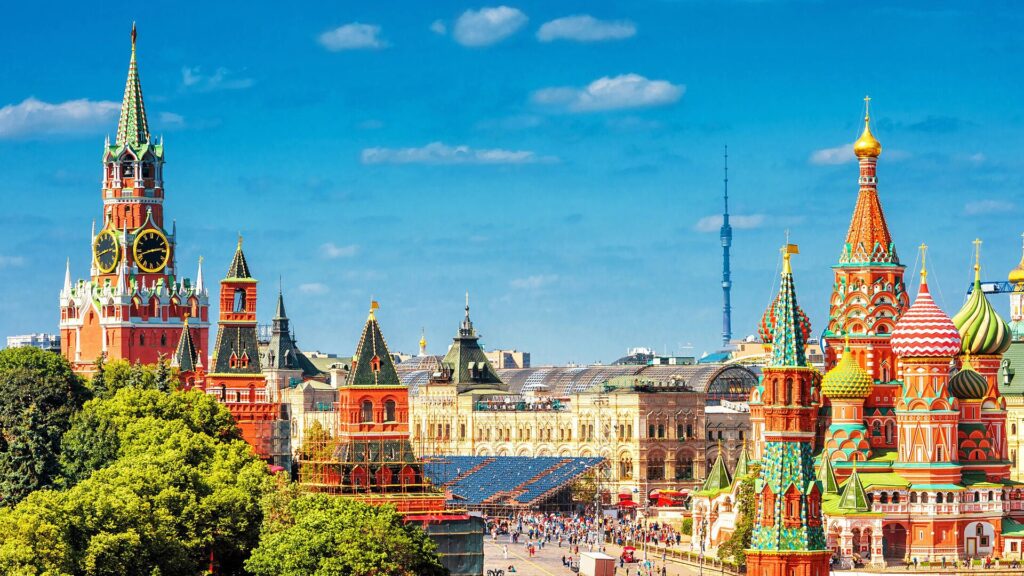
Red Square with the Spasskaya Tower (left), Saint Basil’s Cathedral (right) and Ostankino Tower (background) Image: Wikipedia
Alliances and Power Shifts
Russia’s growing partnership with China presents another significant challenge to global stability. The two countries have aligned on several fronts, from economic deals to military exercises, creating a counterweight to Western-led coalitions. This partnership has emboldened authoritarian regimes worldwide, challenging the liberal democratic order that has defined global governance since World War II.
In Africa and the Middle East, Russia has expanded its influence through arms deals, military assistance, and diplomatic engagements. The Wagner Group, a Russian private military contractor, has been active in several African nations, supporting local governments in exchange for access to resources. These activities often exacerbate conflicts and undermine international peacekeeping efforts.
Implications for the Global Economy
Russia’s actions have also disrupted global trade. The Black Sea grain blockade, a byproduct of the Ukraine war, has jeopardized food security in developing nations reliant on Ukrainian exports. Combined with sanctions and economic uncertainty, these disruptions have slowed global growth and deepened inequality.
A New Era of Global Tensions
Russia’s assertive policies have ushered in a new era of geopolitical tensions. The world is witnessing the fragmentation of a unipolar order into multipolar competition, where regional conflicts have far-reaching consequences. The ongoing standoff between Russia and the West not only threatens immediate peace but also undermines efforts to address global challenges like climate change, pandemics, and poverty.
Conclusion
As Russia continues to pursue its strategic ambitions, the international community faces the daunting task of balancing deterrence with diplomacy. Without coordinated efforts to manage these tensions, the prospects for global stability remain uncertain. The question is not just how to counter Russia’s actions but how to rebuild trust and cooperation in an increasingly divided world.

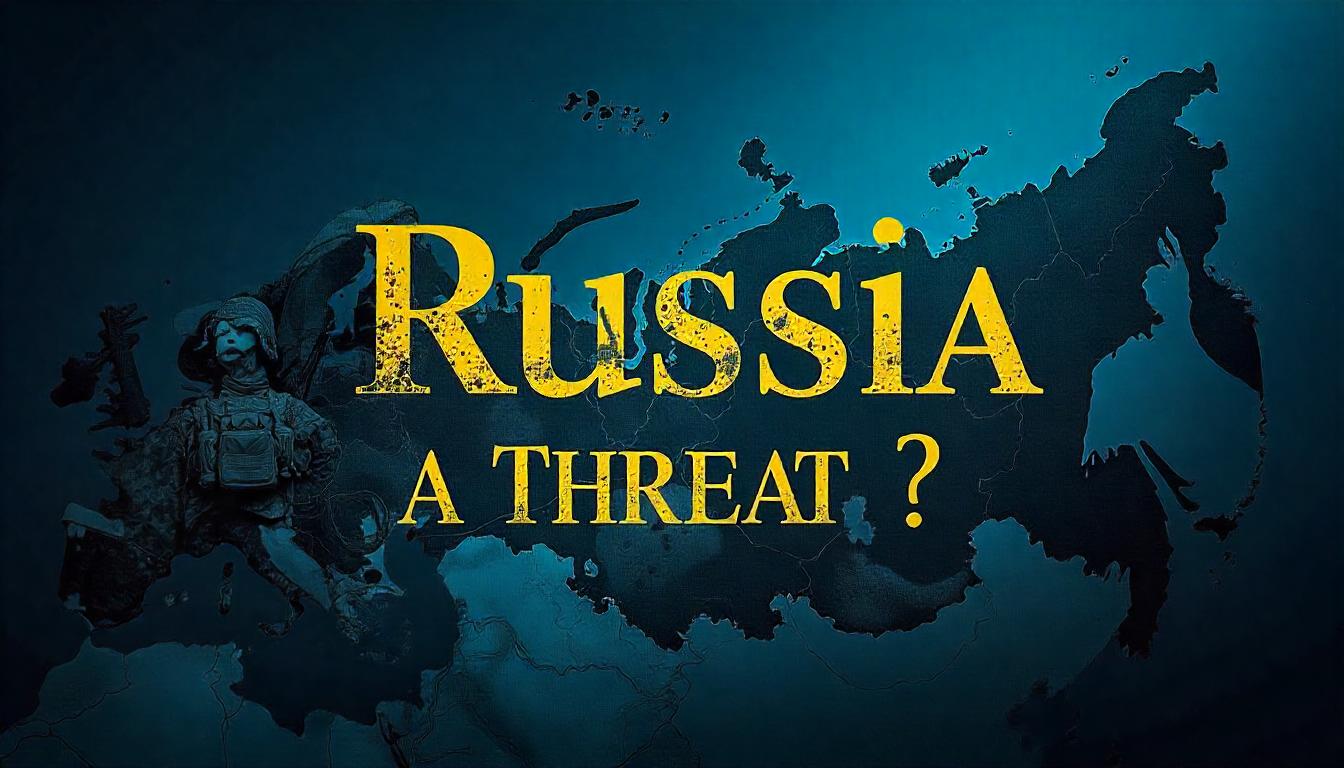
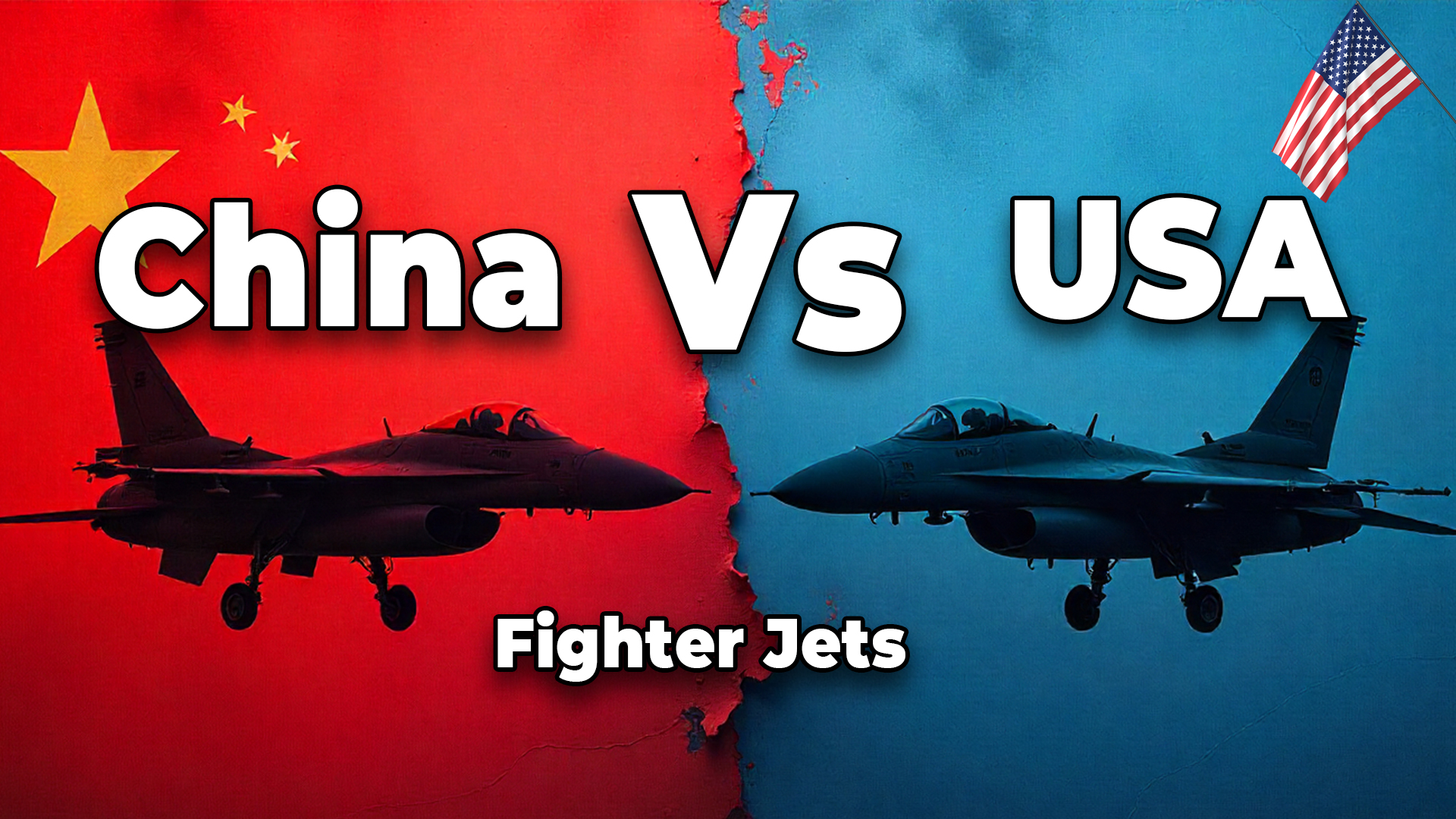

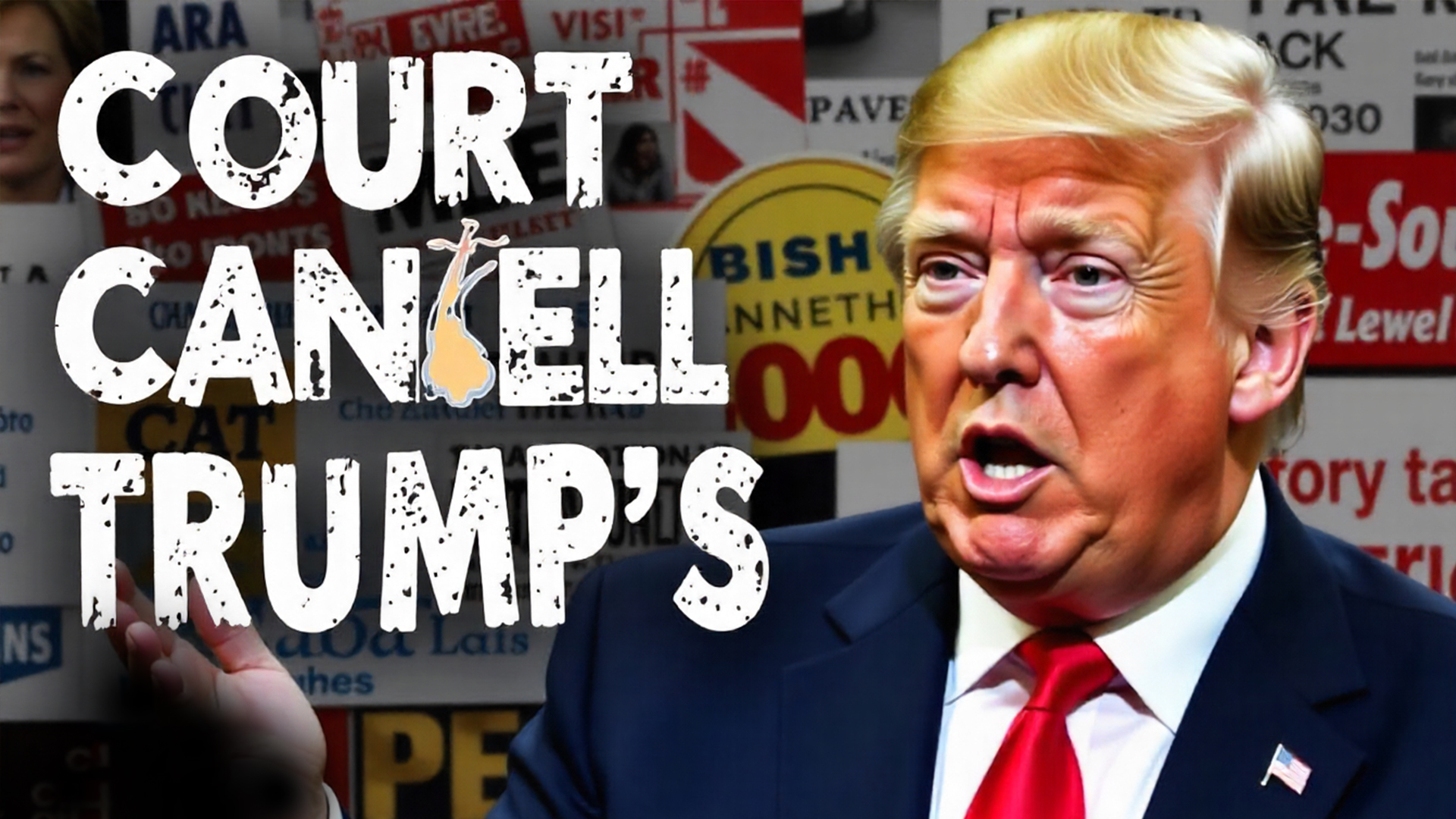
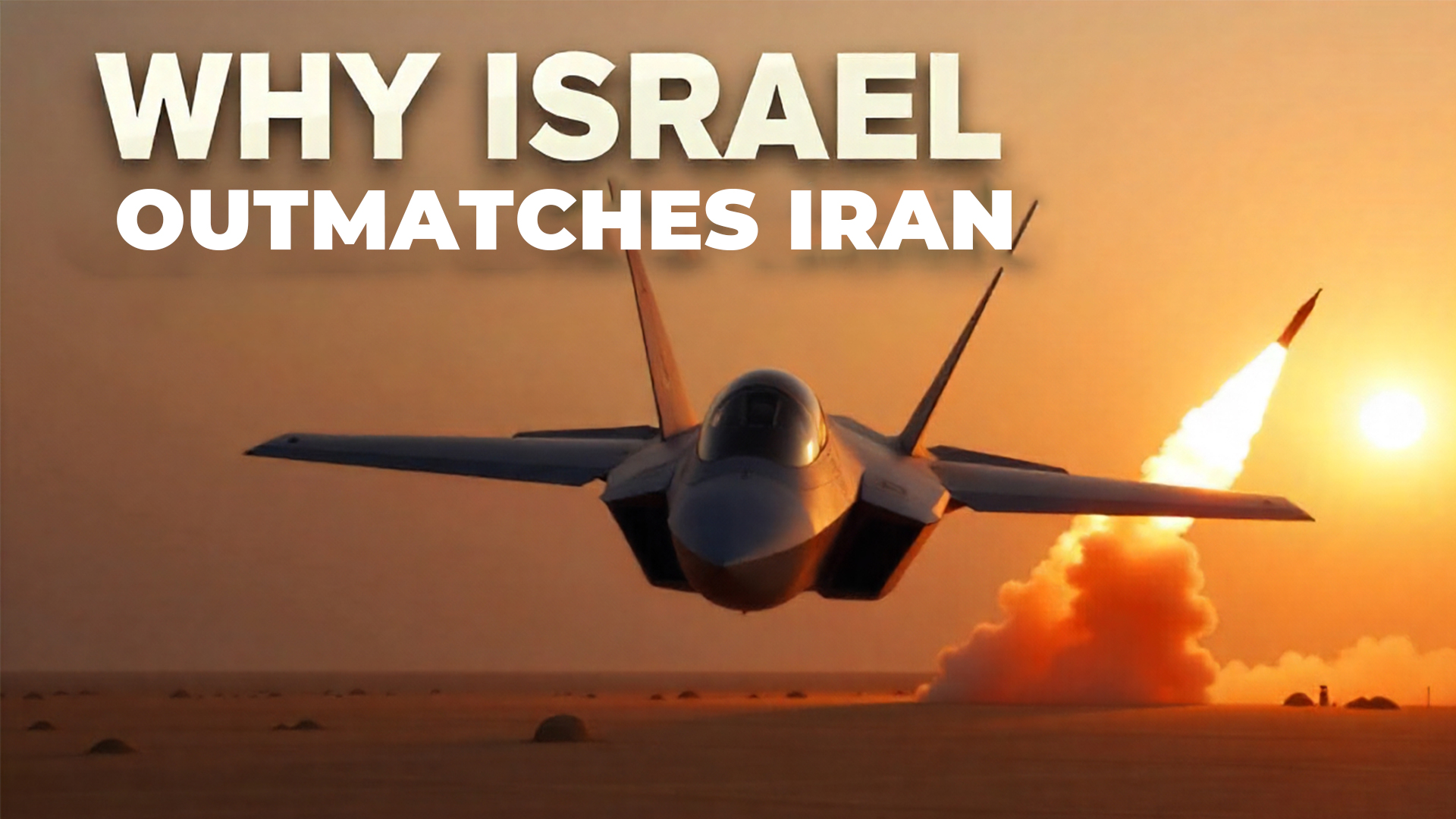
You really make it seem really easy with your presentation but I in finding this matter to be really one thing which I feel I might never understand. It sort of feels too complicated and very huge for me. I’m looking ahead on your next submit, I will try to get the hang of it!
Thank you so much for your honest feedback! I’m glad you found the presentation approachable, even if the topic feels a bit overwhelming. Some subjects can definitely seem complex at first, but I’m confident that with time and continued exploration, it will start to make more sense. I truly appreciate your support and look forward to having you on board for the next post. Don’t hesitate to share any specific questions—you’ve got this!
You are my aspiration, I have few web logs and occasionally run out from post :). “Actions lie louder than words.” by Carolyn Wells.
Thank you so much for your kind words—it truly means a lot! I love that quote by Carolyn Wells; it’s such a powerful reminder of the importance of action. Wishing you continued inspiration for your blogs, and I hope this site can spark some ideas for your next posts!
I just couldn’t go away your web site prior to suggesting that I actually loved the usual information an individual supply to your guests? Is going to be again steadily to investigate cross-check new posts
Thank you for your kind words! I’m glad you found the content valuable. Looking forward to having you back for more updates! 😊
I don’t think the title of your article matches the content lol. Just kidding, mainly because I had some doubts after reading the article.
Haha, I see what you mean! 😄 I appreciate you reading the article. Let me know what doubts you had—I’d love to clarify!
Thank you for your sharing. I am worried that I lack creative ideas. It is your article that makes me full of hope. Thank you. But, I have a question, can you help me?
I don’t think the title of your article matches the content lol. Just kidding, mainly because I had some doubts after reading the article.
Haha, I see what you mean! 😄 I appreciate you reading the article. Let me know what doubts you had—I’d love to clarify!
Can you be more specific about the content of your article? After reading it, I still have some doubts. Hope you can help me.
I don’t think the title of your article matches the content lol. Just kidding, mainly because I had some doubts after reading the article.